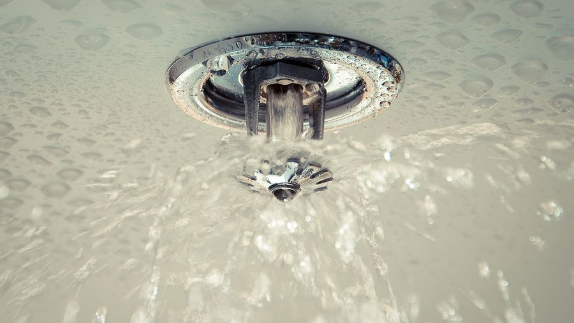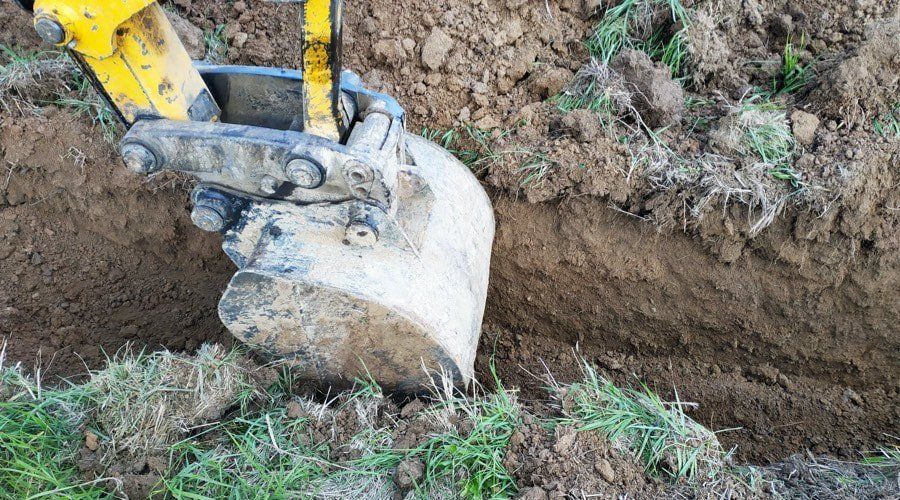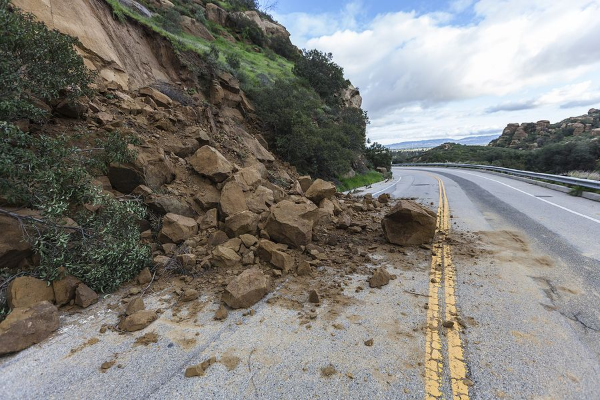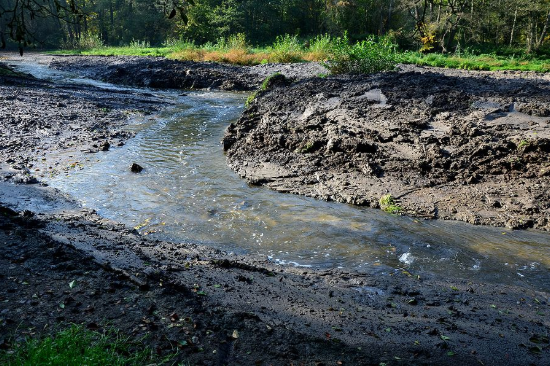Fire Sprinkler Rules in CA: Residential, Commercial & Industrial Use
When planning a new development, whether residential, commercial, or industrial, fire protection is a critical part of the civil design process. One of the most important and widely applied tools in fire safety is the installation of automatic fire sprinkler systems. While they may appear to be a building or mechanical matter, civil engineers must account for sprinklers early in the planning stage to ensure adequate water supply, infrastructure, and compliance with local regulations.
In California, the California Fire Code (CFC) sets the baseline requirements for fire sprinklers. It outlines automatic sprinkler system requirements for residential, commercial, and industrial uses.
Residential: The California Code for residential requires sprinklers in all new one- and two-family dwellings. Additions or remodels may not require sprinklers unless the scope triggers compliance, but local ordinances may be stricter.
Commercial: Group A (assembly), E (educational), I (institutional), and certain other occupancies are generally required to have sprinklers. Thresholds for size, height, or occupant load can trigger requirements.
Industrial & Storage: High-piled storage, hazardous materials, or Group S occupancies often require sprinklers depending on use and square footage.
Local municipalities in California sometimes adopt stricter fire sprinkler requirements. For example, in the City of Healdsburg, amendments to CFC Section 903 extend sprinkler requirements to all Group S occupancies, meaning warehouses and storage buildings, including self-storage facilities, must provide sprinklers even when the base code may not require them.
From a civil engineering perspective, sprinkler requirements tie directly into site design. A project’s water system must deliver both domestic and fire flows, which may require on-site water storage tanks, booster pumps and fire hydrants, verification of adequate pressure, and coordination with fire departments for emergency access. Failure to plan for these requirements early can lead to costly redesigns and utility upgrades, as well as permitting delays.
At BC Engineering Group, we regularly coordinate with local fire marshals and water districts in California and beyond to ensure projects meet fire protection requirements. Our team understands how to integrate these systems into site design efficiently, balancing safety with constructability and cost. Should you have any questions about BC Engineering Group’s design services or if you are in need of a Licensed Civil Engineer, feel free to reach out to our offices at (707) 542-4321.







